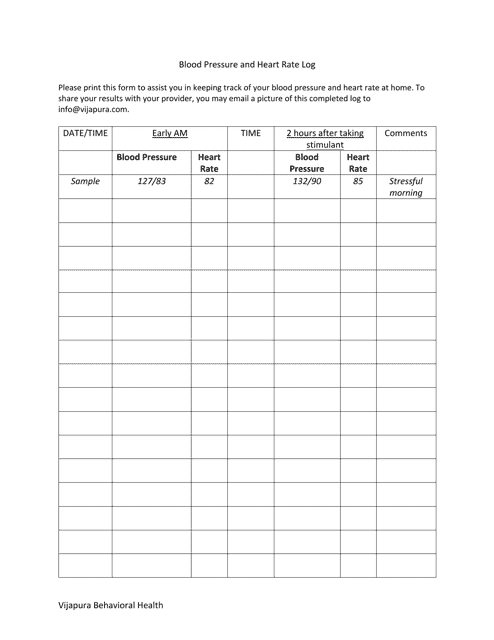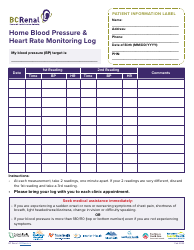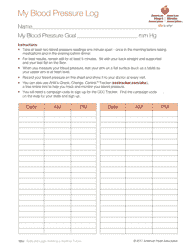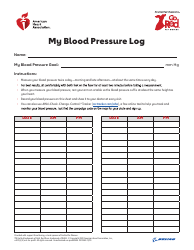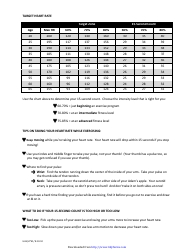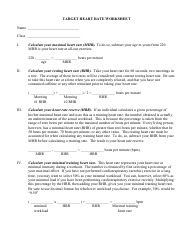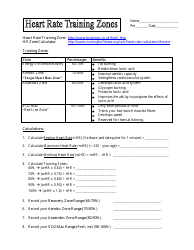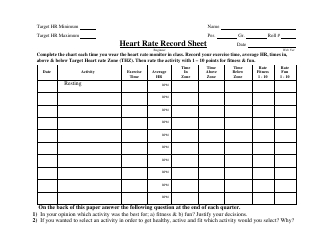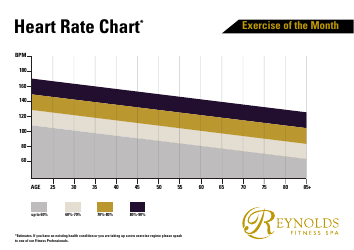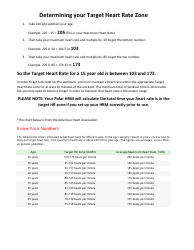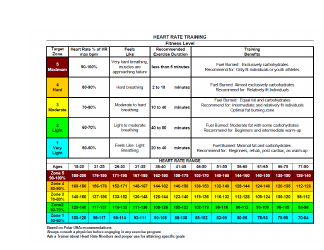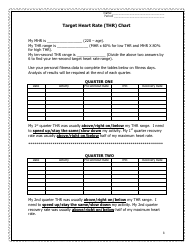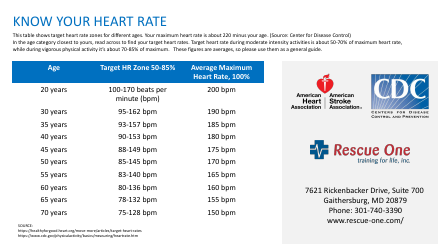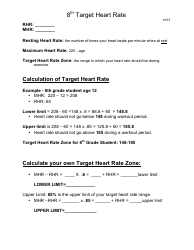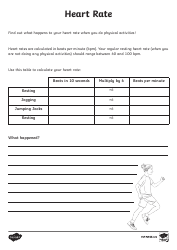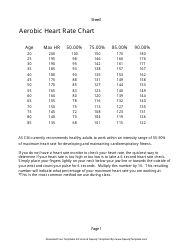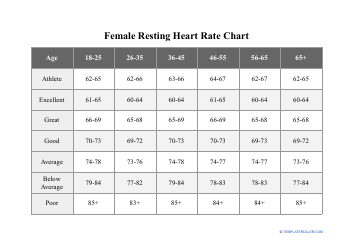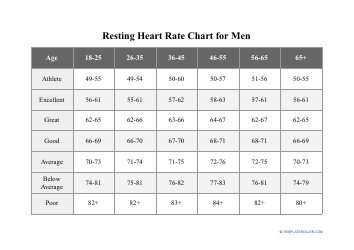Blood Pressure and Heart Rate Log
A Blood Pressure and Heart Rate Log is used to track and monitor changes in blood pressure and heart rate over time. It can help individuals and healthcare professionals identify patterns, measure progress, and manage conditions such as hypertension or cardiovascular diseases.
The individual can file their own blood pressure and heart rate log.
FAQ
Q: What is a blood pressure and heart rate log?
A: A blood pressure and heart rate log is a tool used to track and record your blood pressure and heart rate readings over time.
Q: Why is it important to keep a blood pressure and heart rate log?
A: Keeping a blood pressure and heart rate log can help you monitor your cardiovascular health, detect any changes or abnormalities, and work with your healthcare provider to make any necessary adjustments to your treatment plan.
Q: How often should I measure my blood pressure and heart rate?
A: It is recommended to measure your blood pressure and heart rate at least once a day, preferably at the same time each day, to have consistent readings.
Q: What is considered a normal blood pressure and heart rate?
A: A normal blood pressure reading is typically around 120/80 mmHg, and a normal resting heart rate is between 60 and 100 beats per minute.
Q: What factors can affect blood pressure and heart rate?
A: Various factors can affect blood pressure and heart rate, including physical activity, stress, medications, certain medical conditions, and lifestyle choices like diet and smoking.
Q: How should I record my blood pressure and heart rate readings?
A: You can record your blood pressure and heart rate readings in a logbook, a mobile app, or a spreadsheet. Make sure to note the date, time, and your position (sitting or lying down) when measuring.
Q: When should I seek medical attention for abnormal blood pressure and heart rate readings?
A: If you consistently have blood pressure readings higher than 140/90 mmHg or lower than 90/60 mmHg, or if your heart rate is constantly below 60 or above 100 beats per minute, you should contact your healthcare provider for further evaluation.
Q: Can lifestyle changes help improve blood pressure and heart rate?
A: Yes, lifestyle changes such as maintaining a healthy weight, eating a balanced diet low in sodium, exercising regularly, managing stress, and avoiding excessive alcohol consumption and smoking can help improve blood pressure and heart rate.
